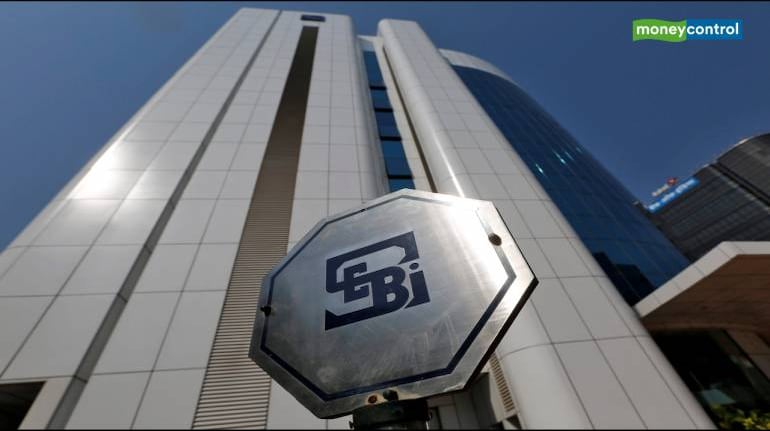



Shishir Asthana
In a move aimed at leveling the playing field, market regulator Securities and Exchange Board of India (Sebi) has said that it will make physical settlement of all equity options contracts mandatory. This move, however, is unlikely fix the skew between the volumes in the cash and options markets. Volume in the Indian equity options markets is nearly 16 times more than that of the cash market.
To an extent, Sebi is right in curbing excessive volume in the options market. Retail traders prefer options over cash because of the huge leverage that is possible. Consider that, in the cash market, in order to buy 3,000 shares of SBI which trades at around Rs 300 one would have to pay Rs 9 lakh, in the case of futures it would be Rs 3 lakh but a 300 strike price option would cost only Rs 24,000 (300 SBI January call trades at Rs 8).
Further, option prices can give multi-bagger returns in a month if the stock moves in the direction of the option, but at the same time, the trader can lose the entire amount if the stock moves in the opposite direction and the trader waits till expiry to square off his position.
Though the pro and cons of options trading are well-documented, making settlement compulsory by providing shares is unlikely to keep traders away from the instrument.
There are two main reasons why compulsory physical settlement of options contract in stocks is unlikely to have an impact on the market.
The first is because the total volume in stock options of all 200 stocks is only 3.35 percent of the total volume in the options market. Sebi’s attempt to test the waters by introducing physical settlement in option contracts of 46 stocks went largely unnoticed as it was in those stocks where the volumes were the lowest.
Secondly, physical settlement is applicable to those options that are in-the-money (ITM). These are those stocks where the strike price of the option is lower than the market price in case of call options and higher in case of put options.
Continuing with the SBI example if a trader buys a 320 call option for Rs 2.5 (current price) he would make money only if the share price crosses the 320 strike price. An option seller who was at the other end of the trade will be asked to supply shares only if the price crosses 320. If by the end of the expiry the price does not cross 320 the seller can keep the entire money while the buyer will lose all his money.
Professional option writers, who contribute most of the volume in options markets generally do not play in ITM contracts. They prefer the out-of-the-money (OTM) contracts which are safer and offer a better return on investment.
Also, since the physical settlement is valid for contracts near or at expiry date a trader has a choice of squaring off his position or rolling over to the new month, thus completely avoiding settling the trades by giving shares.
Ultimately, physical settlement of contracts will only reduce liquidity in the options market and thereby lower volume in the cash market. Traders use the futures and options market along with the cash market to take advantage of mispricing.
Delta hedging strategy, which is one of the most commonly employed by traders as well as algorithmic trades, uses all these instruments--cash, futures and options--to make steady profits. Without them, the volume in all the three segments will dry up. A compulsory physical settlement has the potential of sucking out the little volume that exists in these segments.
Ironically, Sebi’s right-hand does not know what its left hand is doing. On the one hand Sebi wants to bring down options volume and increase cash segment volume but on the other hand, it is contemplating launching a weekly Nifty contract.
Weekly contracts are more popular than monthly contracts as is seen in the case of Bank Nifty. Around 57 percent of all volume in the options market is in the weekly Bank Nifty contract. Traders are eagerly awaiting the launch of a weekly Nifty contract to capitalize on the short-term movement in it.
Discover the latest Business News, Sensex, and Nifty updates. Obtain Personal Finance insights, tax queries, and expert opinions on Moneycontrol or download the Moneycontrol App to stay updated!
Find the best of Al News in one place, specially curated for you every weekend.
Stay on top of the latest tech trends and biggest startup news.